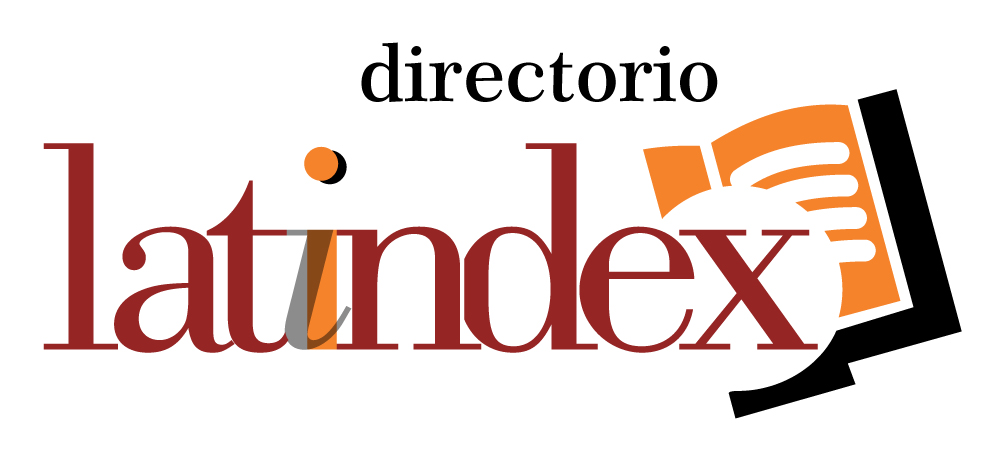"[...] Assuming that every philosophy was originally a long tragedy"
Or on the edge between interpretation and truth
Keywords:
Will to Power, Will to Truth, Philosophy, Interpretation, TragedyAbstract
Nietzsche, at the end of paragraph 25 of Beyond good and evil, suggests that “every philosophy was originally a long tragedy”. This paper proposes a particular interpretation for this assertion, in which the tragic sense attributed to philosophy is associated with the philosophical quest for truth that Nietzsche names as “will to truth”. In this respect, the conceptual rudder is both the notion of “will to power”, here understood as an intrinsically agonistic and interpretive process, constitutor of meaning and domain, and the relation of this notion with two other concepts that are essential to the idea of tragedy, namely, hybris and prudence.
Downloads
References
AUBENQUE, Pierre. A prudência em Aristóteles. Transl. Marisa Lopes. São Paulo: Discurso Editorial, 2003.
AYDIN, Ciano. Nietzsche on reality as will to power: toward an “organization-struggle model”. Journal of Nietzsche studies, v. 33, n. 1, p. 25-48, 2007. https://doi.org/10.2307/20717895.
GIACOIA JR., Oswaldo. Nietzsche: o humano como memória e como promessa. Petrópolis: Vozes, 2013.
KERÉNYI, Carl. Dioniso: imagem arquetípica da vida indestrutível. Transl. Ordep Trindade Serra. São Paulo: Odysseus, 2002.
MECA, Diego Sánchez. Vontade de potência e interpretação como pressupostos de todo processo orgânico. In: MARTON, Scarlett (org.). Nietzsche em chave hispânica. São Paulo: Loyola, 2015, p. 87-116.
MÜLLER-LAUTER, Wolfgang. A doutrina da vontade de poder em Nietzsche. Transl. Oswaldo Giacoia Junior. Sao Paulo: Anna Blumme, 1997.
NIETZSCHE, Friedrich. Beyond good and evil. Transl. Judith Norman. Cambridge: Cambridge University Press, 2002.
NIETZSCHE, Friedrich. On the genealogy of morality. Transl. Carol Diethe. Cambridge: Cambridge University Press, 2006a.
NIETZSCHE, Friedrich. The birth of tragedy. Transl. Ronald Speirs. Cambridge: Cambridge University Press, 1999.
NIETZSCHE, Friedrich. Thus spoke Zarathustra. Transl. Adrian del Caro. Cambridge: Cambridge University Press, 2006b.
NIETZSCHE, Friedrich. Twilight of the idols. Transl. Judith Norman. Cambridge: Cambridge University Press, 2006c.
NIETZSCHE, Friedrich. Untimely meditations. Transl. R. J. Hollingdale. Cambridge: Cambridge University Press, 1997.
NIETZSCHE, Friedrich. Writings from the late notebooks. Transl. Kate Sturge. Cambridge: Cambridge University Press, 2003.
NUSSBAUM, Martha C. The fragility of goodness: luck and ethics in Greek tragedy and philosophy. Cambridge: Cambridge University Press, 1986.
SILK, Michael Stephen; STERN, Joseph Peter. Nietzsche on tragedy. New York: Cambridge University Press, 1983.
VAN TONGEREN, Paul. A moral da crítica de Nietzsche à moral: estudo sobre para além de bem e mal. Transl. Jorge L. Viesenteiner. Curitiba: Champagnat, 2012.
VIESENTEINER, Jorge Luiz. “[...] that the value of life can not be estimated”: a contextual interpretation of aphorism 2 of the chapter “The Problem of Socrates”, in Twilight of the idols by Nietzsche. Aurora, v. 24, n. 34, p. 333-56, jan./jun. 2012. https://doi.org/10.7213/revistadefilosofiaaurora.6167.
Downloads
Published
How to Cite
Issue
Section
License
Copyright (c) 2017 Eder David de Freitas Melo, Caius Brandão

This work is licensed under a Creative Commons Attribution-NonCommercial-NoDerivatives 4.0 International License.









